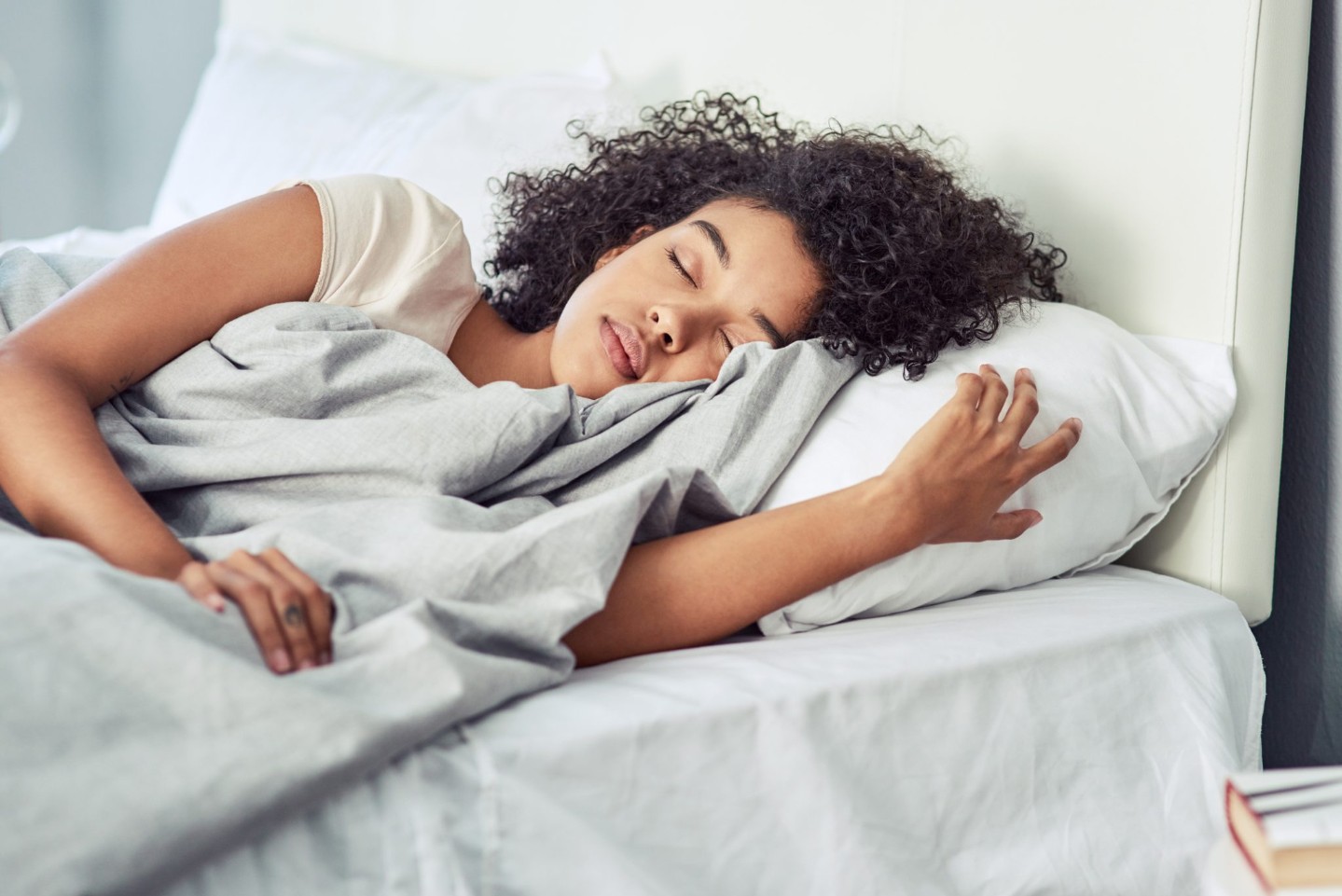Conquer the Crushing: Understanding and Managing Migraines and Headaches
JUN 19, 2025Understanding the type of headache you're experiencing is crucial for effective treatment.
Read More
We know that during sleep, your brain actually washes itself out. So, all the toxic material is taken out of your brain when you’re sleeping. How does that happen? You have these tiny channels in your brain, through which fluid goes in and washes it out. Because of that, we have now learned that there are many disorders that can be caused because of this improper washing of the brain. We've also learned that the brain also solidifies memories you have formed when you were awake and also takes out memories that you formed when you were awake that were not deemed important.
Now, there are disorders of sleep too. Disorders of sleep include an entity called sleep paralysis. Sleep paralysis is when someone who is falling asleep, or getting up from sleep, suddenly feels paralyzed in their body. It is part of a sleep problem called narcolepsy, which is a disorder where you get excessive daytime sleepiness. You can also get sleep paralysis, you can get hallucinations, and sometimes you can get what's called cataplexy. Cataplexy is when you get into an emotional state, you become paralyzed; all of your muscle tone goes away. Sleep paralysis can also occur in individuals who are not narcoleptic. For those individuals it usually happens when there is lack of sleep hygiene; that means they're not sleeping properly. So if people can start to sleep at the right times, for a good number of hours, and get up at the right time you can practice good sleep hygiene and actually affect the sleep paralysis.
How does it cause sleep paralysis? In your brain there is the lower part of your brain, which is the brainstem. In your brain stem is a center called SLD. That is the part of the brain that has been recently discovered to actually cause this paralysis, and that is affected by higher regions of your brain. The basic reason for narcolepsy is that there is a protein that is secreted called orexin.When you have decreased orexin, you get narcolepsy and sleep paralysis can be a part of that too.
Also, to understand sleep, you have to really understand three chemicals. One is melatonin, which a lot of you are aware off because you can buy them over the counter. So, what does melatonin do? Your sleep/wake cycle is determined by your eyes. Your eyes detect light, and they transmit that signal to your brain. so when the light is waning away (your getting into the nighttime) this signal is transmitted and the pineal gland, which is right in the middle of your brain on the surface, that pineal gland secretes melatonin. As melatonin goes up, you become more and more sleepy. So the highest level of melatonin is during the middle of the night, and then it starts to wane. As the Melatonin goes down, you wake up. The second chemical that is very important is a chemical by the name of adenosine. Adenosine is collected in your brain during the day as you're working because adenosine comes out as a byproduct of your energy production in your brain. So when it goes up, in the front part of your brain, as it reaches a certain point, you feel more sleepy. During sleep it goes down again. When you wake up, it goes up again. Another interesting fact for us to know is, why does caffeine or coffee cause you to be more alert? This is because caffeine, we have recently discovered, actually blocks the action of adenosine on the brain. The third chemical is orexin, that we already talked about. It is the alerting chemical in your brain. It affects a large part of your brain, and causes you to be alert and awake.
Deficiency of sleep can lead to problems. Why? Because as I said, during sleep your brain washes itself of the toxic chemicals, and is also responsible for memory function. If you are not sleeping enough, it could certainly lead to two problems. One being that the toxic chemicals are not being washed out, and then the memory formation is going to be affected. Disorders that are related to deficiency in sleep are dementia - like Alzheimer's, Strokes, even some kinds of headaches, and then your cognitive performance can all be affected by it. One kind of headache is called Thunderclap headache, and that's like a really bad headache. The important thing here is to distinguish between the most common kinds of headaches. If you get the absolute worst headache of your life, that can mean that they may be a bleed in your brain or an aneurysm. The other types of headaches due to lack of sleep, those kinds of headaches are somewhat different; they can be tension headaches or migraine headaches, and they can all be treated with medications or lifestyle changes. But do not ignore the worst headache of your life. Dementia, we're learning that this washing of the brain of toxic materials, one of the toxic materials that is washed out of your brain during sleep is amyloid. Amyloid is the basic problem in Alzheimer's dementia because that's what collects, and then causes brain cells to die.
If you are having issues with sleep, reach out to your Primary Care provider or Neurologist.

Understanding the type of headache you're experiencing is crucial for effective treatment.
Read More
Proper diet is essential in maintaining bladder and bowel health as they affect your gut microbiome.
Read More
Injuries spike during the summer months but there are actions you can take to prevent injuries during the 100 deadliest days of summer.
Read MoreWhen you need local health information from a trusted source, turn to the CHI Health Better You eNewsletter.